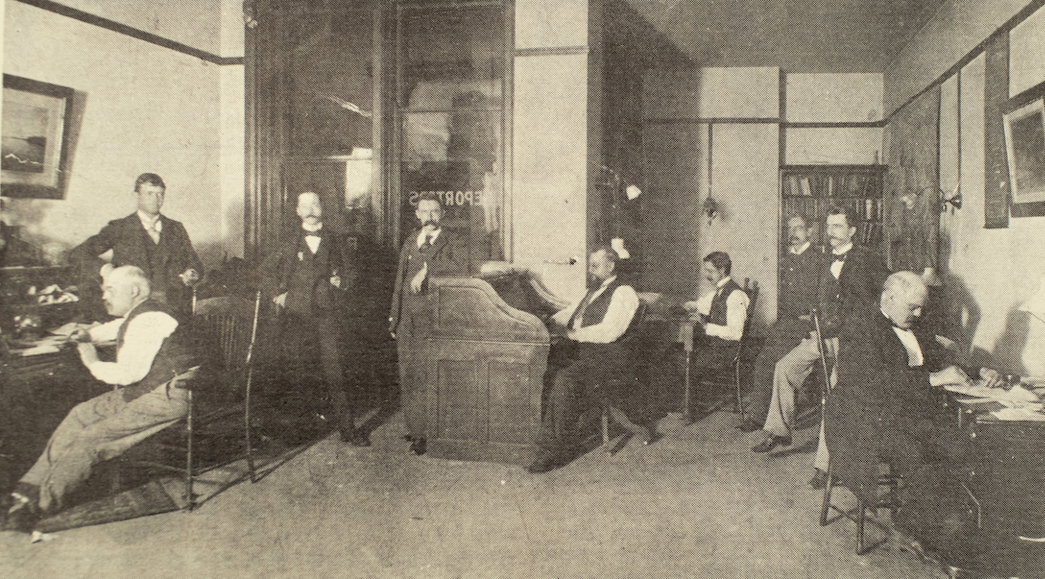After eight years of fighting wildfires, Solize Ortiz has learned to work with the challenges and dangers of her profession. The Oregon firefighter has been in smoke so thick it’s nearly impossible to breathe, and at times she’s unable to make out the faces of others. (1/14)
“Sometimes you can only see silhouettes,” Ortiz said. “You start to recognize how people walk and their mannerisms. That’s usually the best way to identify people on your crew.” (2/14)
She’s learned to gauge danger -- like when a flaming tree is about to crash to the ground, and in which direction. (3/14)
“A tree makes a lot of noise when it’s about to fall,” Ortiz said. “You have to be aware of those sounds.” (4/14)
Ortiz’s colleague Fernando Hernandez knows what it’s like to be covered in dirt and soot for days on end with no shower in sight. The longest he’s had to go without is 15 days. (5/14)
“It’s a badge of honor, unfortunately, sometimes,” said Hernandez, who’s been battling season blazes for 20 years. (6/14)
Ortiz and Hernandez are among more than 7,500 firefighters called on to battle Oregon wildfires in a season like they’ve never seen before. (7/14)
Fueled by a fierce and widespread windstorm that started on Labor Day, the fires have spread to scorch close to 1 million acres so far this year -- about double the average annual number for each of the past 10 years. (8/14)
Nine people have died. Five are missing. More than 2,200 homes and 1,500 businesses, barns or other structures have been destroyed, but many thousands more have been saved thanks to the efforts of firefighters. (9/14)
Those summoned to put out the blazes include year-round professionals who work for local fire departments or fire districts; federal agencies; the Oregon National Guard, which was summoned this year at a moment’s notice; and even a few inmate crews. (10/14)
But most are wildland firefighters who work for private companies that contract with state and federal government agencies -- with some traveling from states as far off as Arkansas and North Dakota to help. (11/14)
. @Oregonian spoke to the owner of one of those companies, Salem-based Grizzly Firefighters, and two of the company’s firefighters, Ortiz and Hernandez, during short breaks they received from their assignments last week. (12/14)
Owner Teresa Ortiz said she’s never seen a fire season like this in the 18 years since she founded her company. Some of her firefighters have had to evacuate their own homes – or have their families do so while they’re fighting blazes on the front lines. (13/14)
“There’s always a mental part of the job when you’re trying to save people’s homes,” Ortiz said. “But this year is different knowing their own homes are at risk. They’re worried about their families.”
Read the full story: trib.al/CMLPbyP (14/14)
Read the full story: trib.al/CMLPbyP (14/14)
Our work is made possible by our subscribers. A digital subscription is just $10/month. It’s quick and easy to subscribe: oregonlive.com/digitalsubscri…
• • •
Missing some Tweet in this thread? You can try to
force a refresh










